Sunflower oil is a popular type of vegetable oil derived from the seeds of the sunflower plant (Helianthus annuus). It is widely used for cooking and has various other applications.
It is one of the most widely used cooking oils due to its mild flavor, versatility, and availability. Sunflower oil is produced by extracting oil from the seeds through a pressing or solvent extraction process, followed by refining to remove impurities and improve stability.
Table of Contents
Types of Sunflower Oil & Their Properties
Sunflower oil is available in different types, each with its own unique properties and characteristics. Here are the common types of sunflower oil and their properties:
- Refined Sunflower Oil: Refined sunflower oil undergoes extensive processing to remove impurities, neutralize flavors, and increase its stability. This results in a light-colored, mild-tasting oil with a high smoke point. Refined sunflower oil has a neutral flavor, making it versatile for various cooking methods. It is widely used in cooking, baking, frying, and salad dressings.
- Unrefined Sunflower Oil: Unrefined sunflower oil, also known as virgin or cold-pressed sunflower oil, is minimally processed and retains more of its natural flavors, aroma, and nutrients. It has a slightly darker color and a richer, nutty flavor compared to refined sunflower oil. Unrefined sunflower oil is often preferred for its more distinct taste and is commonly used in salad dressings, marinades, and dips.
- High Oleic Sunflower Oil: High oleic sunflower oil is produced from sunflower seeds that have been bred to have a higher concentration of monounsaturated fats, specifically oleic acid. This results in an oil with increased stability and a longer shelf life. High oleic sunflower oil is less prone to oxidation and has a higher smoke point, making it suitable for high-heat cooking methods. It has a neutral flavor profile and is commonly used in commercial food production and frying applications.
- Mid Oleic Sunflower Oil: Mid oleic sunflower oil falls between the high oleic and regular sunflower oil in terms of its monounsaturated fat content. It offers a balance between stability and health benefits. Mid oleic sunflower oil has a relatively high smoke point and a mild flavor profile, making it suitable for a wide range of cooking applications
- Organic Sunflower Oil: Organic sunflower oil is produced from sunflower seeds that are grown without the use of synthetic pesticides, herbicides, or genetically modified organisms (GMOs). It meets the standards and regulations set for organic products and is preferred by those seeking organic food options.
When choosing a type of sunflower oil, consider the intended use, flavor preferences, and desired heat tolerance. It's important to read the labels and choose high-quality oils from reputable brands to ensure a reliable and authentic product.
Health Benefits of Sunflower Oil
Sunflower oil offers several potential health benefits when consumed as part of a balanced diet. Here are some of the health benefits associated with sunflower oil:
- Heart Health: Sunflower oil is rich in monounsaturated and polyunsaturated fats, including omega-6 fatty acids. These healthy fats help reduce LDL (bad) cholesterol levels and promote an optimal cholesterol balance, thus supporting heart health. By replacing saturated and trans fats with healthier fats like those found in sunflower oil, you can help maintain healthy blood lipid levels and reduce the risk of heart disease.
- Antioxidant Properties: Sunflower oil contains vitamin E, a potent antioxidant that helps protect cells from damage caused by free radicals. Vitamin E helps neutralize oxidative stress in the body, which can contribute to chronic diseases such as heart disease and certain types of cancer. The antioxidant properties of sunflower oil may have a positive impact on overall health and well-being.
- Anti-Inflammatory Effects: Omega-6 fatty acids, present in sunflower oil, possess anti-inflammatory properties. They can help reduce inflammation in the body, which is linked to chronic diseases such as arthritis, cardiovascular disease, and certain types of cancer. Including sunflower oil as part of an anti-inflammatory diet may help manage inflammation and promote better overall health.
- Skin Health: Sunflower oil can be beneficial for skin health when applied topically or consumed. Its high vitamin E content helps nourish the skin, moisturize dry skin, and promote a healthy complexion. Additionally, the antioxidant properties of sunflower oil may help protect the skin from free radicals and oxidative damage caused by sun exposure and environmental factors.
- Vitamin Source: Sunflower oil is a good source of vitamin E, which is essential for maintaining healthy immune function, cell integrity, and skin health. Including sunflower oil in your diet can help ensure an adequate intake of vitamin E.
Uses of Sunflower Oil in Food Preparation
Sunflower oil is a versatile cooking oil that can be used in a variety of food preparations. Here are some common uses of sunflower oil in food preparation:
- Frying and Deep-Frying: Sunflower oil's high smoke point and neutral flavor make it an excellent choice for frying and deep-frying. It can withstand high temperatures without breaking down or imparting strong flavors to the food. Sunflower oil is commonly used for frying foods such as French fries, chicken, fish, and other breaded or battered items.
- Sautéing and Stir-Frying: Sunflower oil's mild flavor and high smoke point make it suitable for sautéing and stir-frying. It provides a neutral base that allows the flavors of other ingredients to shine. Sunflower oil can be used to cook vegetables, meats, and stir-fry dishes, helping to keep the ingredients moist and prevent sticking.
- Baking and Roasting: Sunflower oil can be used in baking recipes as a substitute for other oils or fats. It adds moisture and tenderness to baked goods such as cakes, muffins, cookies, and bread. Sunflower oil can also be used for coating pans before baking to prevent sticking. Additionally, it can be used for roasting vegetables and meats, providing a light and crisp texture.
- Salad Dressings and Marinades: Sunflower oil is a common ingredient in salad dressings and marinades. Its mild flavor allows the other ingredients to stand out, and its smooth texture helps emulsify dressings. Sunflower oil can be combined with vinegar, herbs, spices, and other flavorings to create delicious dressings or used as a base for marinades to tenderize and flavor meats.
- Dips and Spreads: Sunflower oil can be used to make homemade dips and spreads. It can serve as a base for mayonnaise, aioli, and creamy dressings. Sunflower oil can also be blended with ingredients like roasted garlic, herbs, or roasted peppers to create flavorful spreads for bread, crackers, or sandwiches.
- Sautéed and Grilled Vegetables: Sunflower oil can be used to sauté or grill vegetables, enhancing their natural flavors. Its mild taste allows the flavors of the vegetables to shine through, while its high smoke point ensures they cook evenly and do not become greasy.
Important Facts regarding Sunflower oil Consumption and Safety Measures
When consuming sunflower oil, it's important to be aware of certain facts and safety measures. Here are some important considerations:
- Moderation: Like any cooking oil, sunflower oil should be consumed in moderation as part of a balanced diet. While it offers health benefits, it is high in calories due to its fat content. Excessive consumption of any oil can lead to weight gain and other health issues. It's important to practice portion control and consider overall calorie intake.
- Allergies: Individuals with known allergies to sunflower seeds may also be allergic to sunflower oil. If you have a sunflower seed allergy, it's important to avoid sunflower oil and products containing sunflower oil. Consult with a healthcare professional if you suspect or have been diagnosed with a sunflower seed allergy.
- Storage: Proper storage of sunflower oil is important to maintain its freshness and quality. Store sunflower oil in a cool, dark place away from direct sunlight and heat sources. Exposure to light, heat, and air can cause the oil to oxidize and spoil more quickly. Check the expiration date on the bottle and use the oil before it exceeds the recommended shelf life.
- Rancidity: Pay attention to the smell and taste of sunflower oil. If the oil has a strong, unpleasant odor or taste, it may indicate rancidity. Rancid oil should not be consumed, as it can negatively impact flavor and may have adverse effects on health. Always use fresh and properly stored sunflower oil.
- Quality and Source: Choose high-quality sunflower oil from reputable brands to ensure a reliable and safe product. Look for cold-pressed or unrefined options if you prefer less processed oils. Additionally, consider the source and production practices of the oil to ensure it meets quality standards and has undergone appropriate processing and testing.
- Smoke Point: Sunflower oil has a relatively high smoke point, making it suitable for various cooking methods. However, it's important not to exceed the smoke point to avoid the production of smoke and harmful compounds. When cooking with sunflower oil, monitor the temperature and adjust heat accordingly to prevent overheating.
- Individual Considerations: As with any dietary change, it's important to consider individual health conditions, dietary restrictions, and personal preferences. Consult with a healthcare professional or registered dietitian for personalized advice if you have specific health concerns or dietary needs.
By following these safety measures and considering individual factors, you can enjoy the benefits of sunflower oil while promoting a healthy and balanced approach to your diet.
Tips for Storage and Shelf-Life Extension
To ensure the freshness and extend the shelf life of sunflower oil, here are some tips for proper storage:
- Store in a Cool and Dark Place: Sunflower oil should be stored in a cool and dark place, away from direct sunlight and heat sources. Exposure to light and heat can accelerate the oxidation process and lead to rancidity. Choose a cupboard or pantry that is away from the stove or any other heat-emitting appliances.
- Use a Tightly Sealed Container: Keep the sunflower oil in a container with a tight-fitting lid or cap to prevent air and moisture from entering. Oxygen and moisture can promote oxidation and spoilage. If you buy sunflower oil in bulk and transfer it to a different container, ensure that the new container is clean and airtight.
- Avoid Temperature Fluctuations: Avoid storing sunflower oil in areas where the temperature fluctuates frequently, such as near the oven or refrigerator. Fluctuations in temperature can affect the quality and stability of the oil. A consistent and cool storage environment is ideal.
- Keep Away from Strong Odors: Sunflower oil can absorb strong odors from nearby items. It's best to store it away from strong-smelling substances such as spices, cleaning agents, or other pungent food items. This helps maintain the oil's original flavor and aroma.
- Check the Expiration Date: Always check the expiration date on the bottle before purchasing and consuming sunflower oil. Be mindful of the recommended shelf life. Using the oil before it exceeds the expiration date ensures its freshness and quality.
- Perform the Smell and Taste Test: Periodically check the smell and taste of the sunflower oil to detect any signs of rancidity. If the oil has a strong, unpleasant odor or taste, it may indicate that it has gone rancid and should not be consumed.
- Buy in Smaller Quantities: If you don't use sunflower oil frequently, consider purchasing smaller quantities to ensure you use it within a reasonable timeframe. This helps to minimize the chances of the oil becoming rancid due to prolonged storage.
By following these storage tips and maintaining proper storage conditions, you can extend the shelf life of sunflower oil and enjoy its freshness for a longer period.

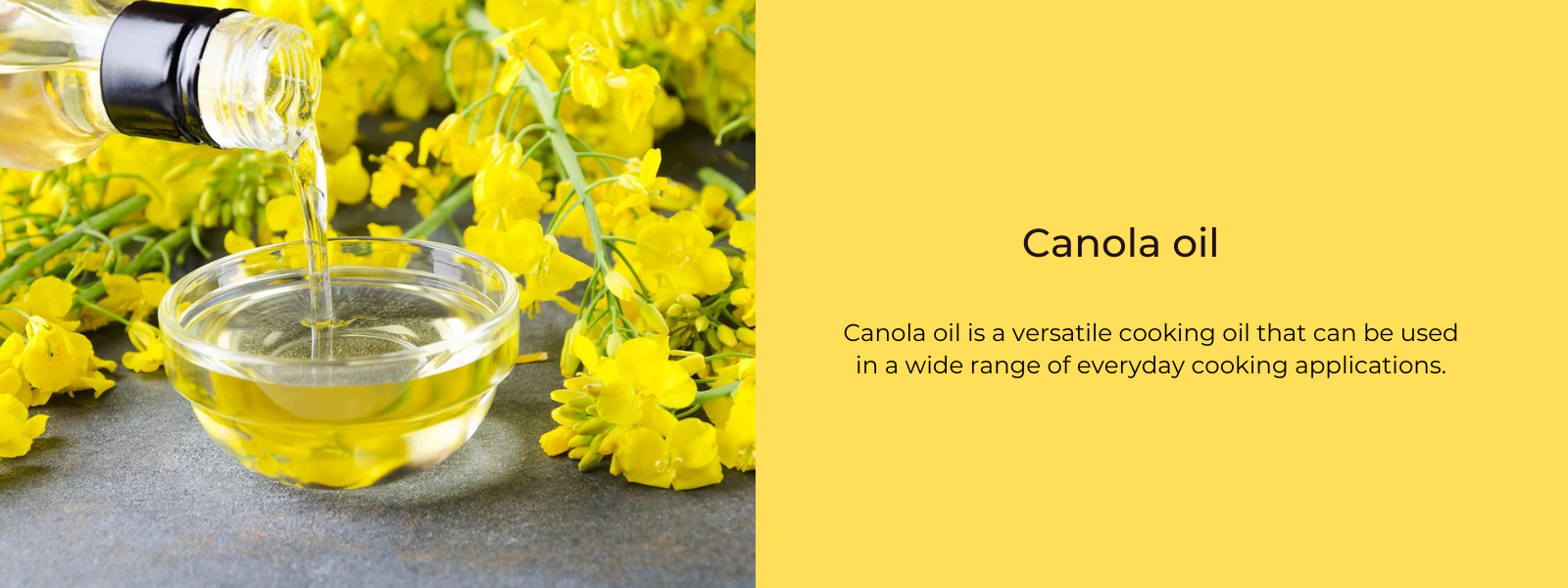
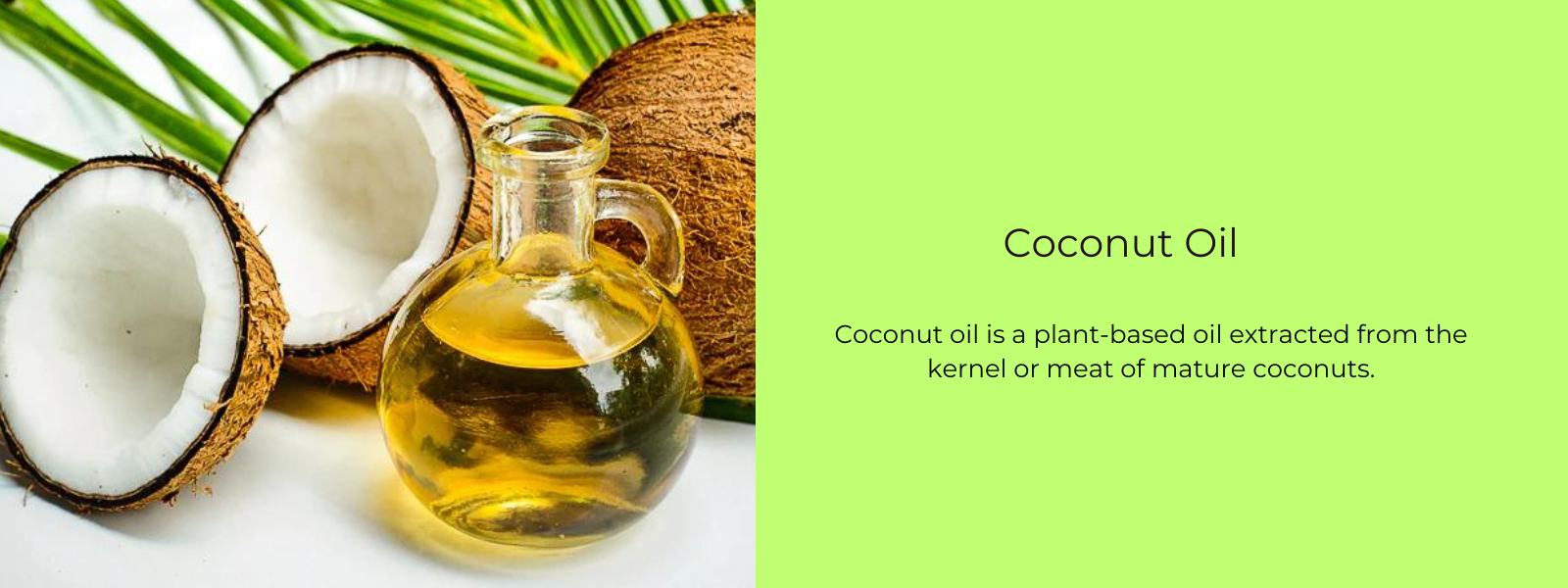
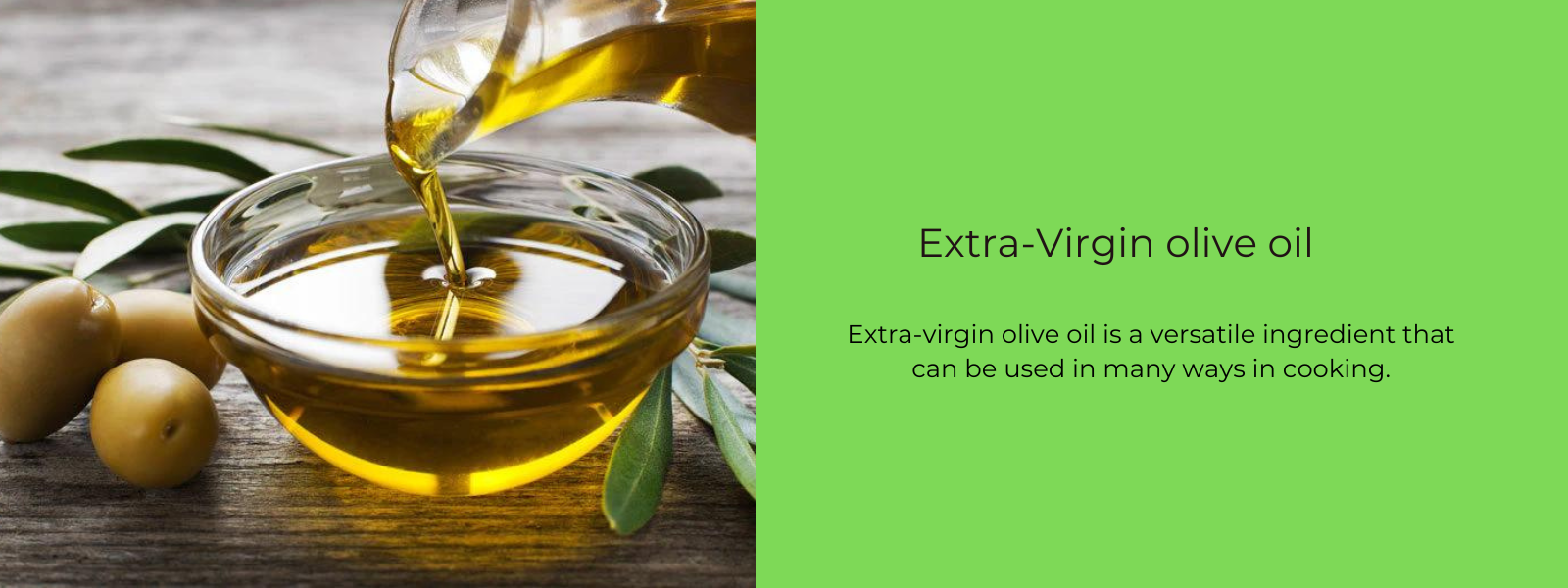
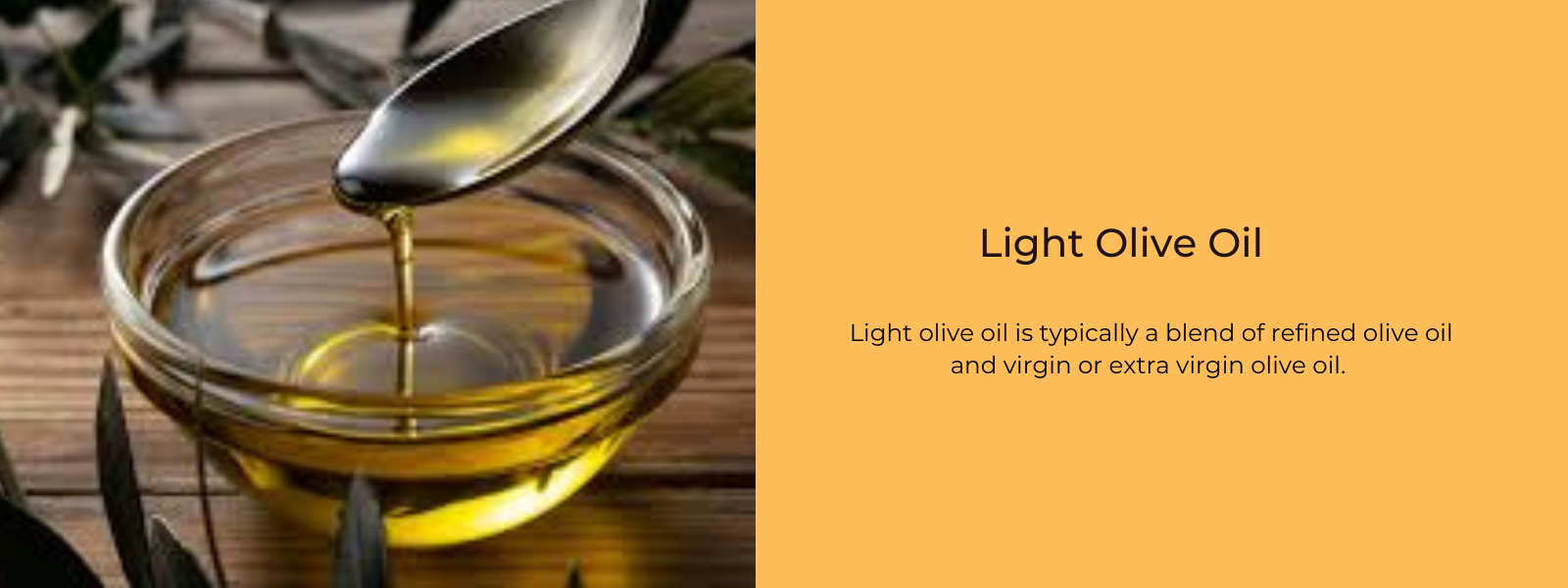

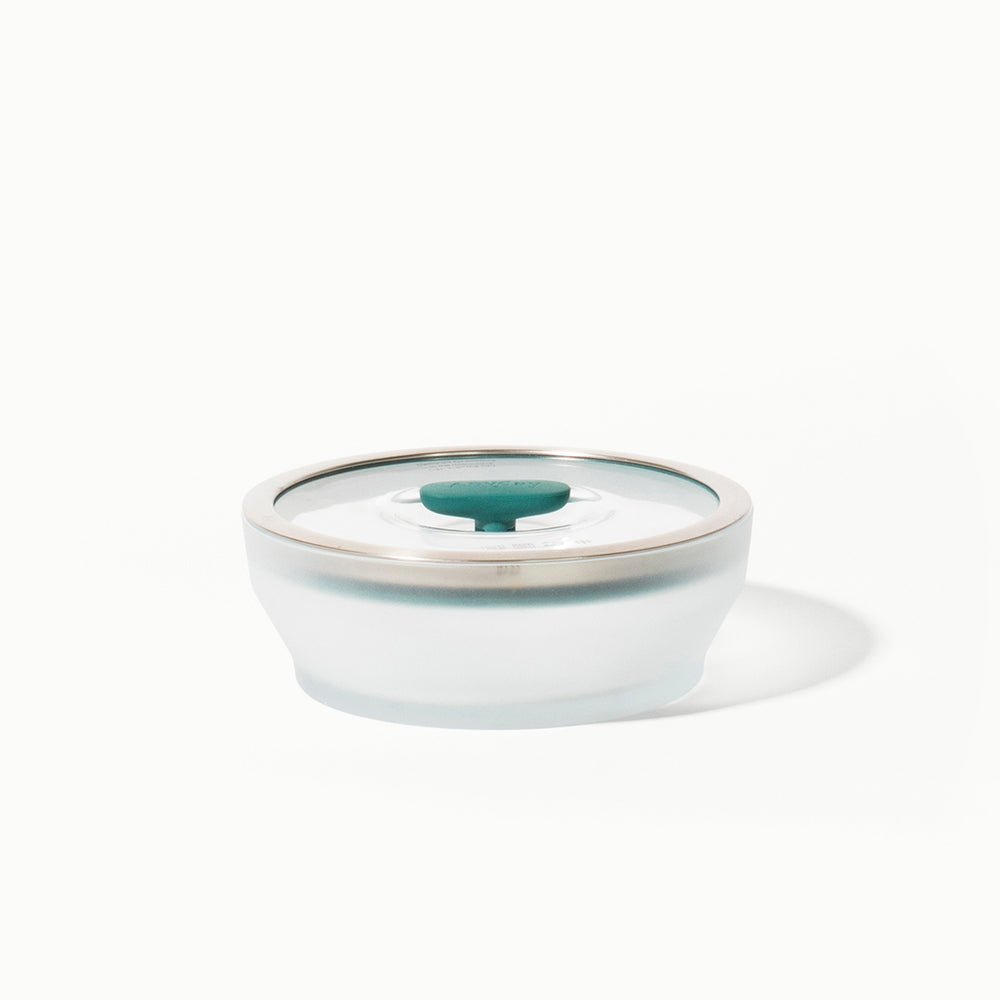




Leave a comment